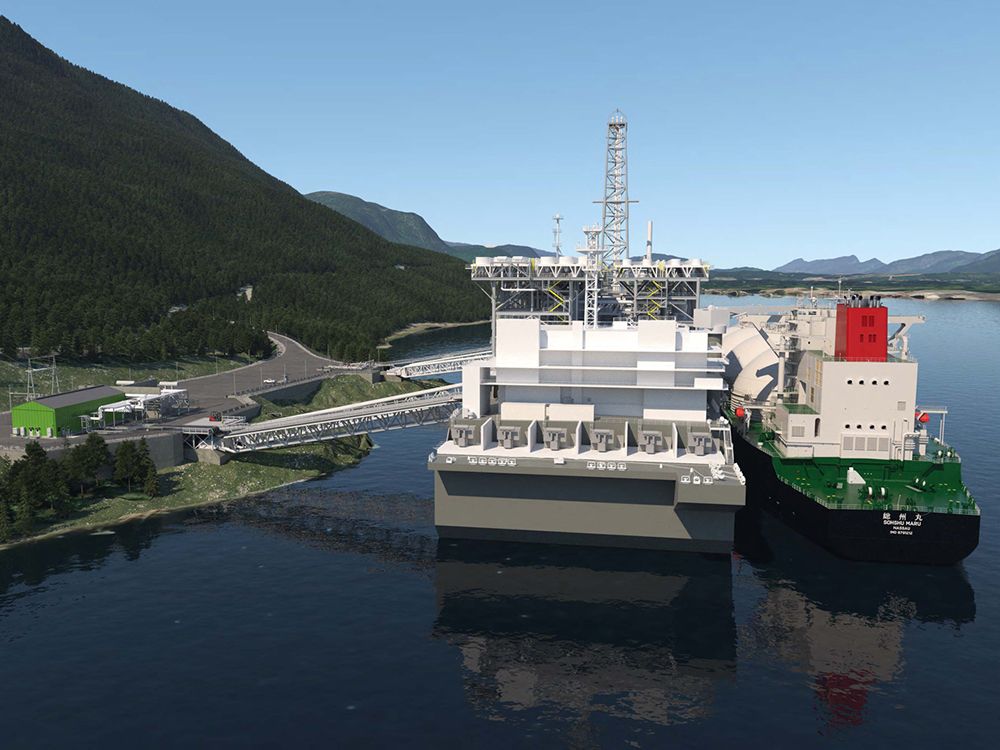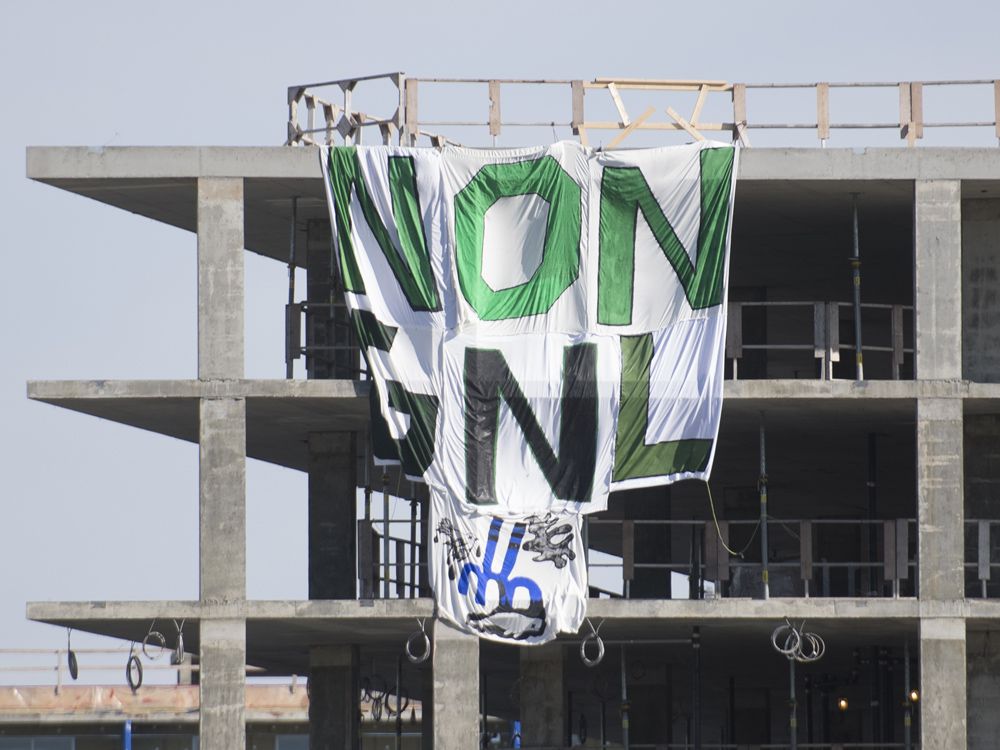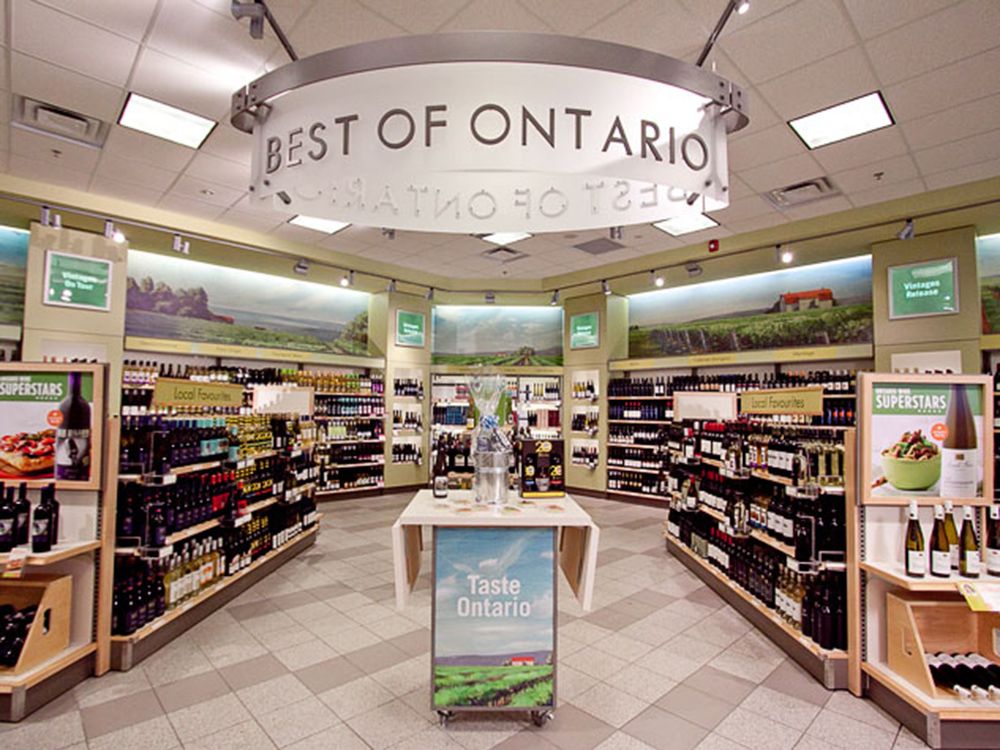Terry Glavin: There's no turning back for Canada now
Do we have the will to persist in the resistance to American hegemony that was at the heart of our founding prime minister's grand visions?
Author of the article:
Terry Glavin
Published Feb 05, 2025 • 5 minute read
154 Comments
In the variously stirring and plaintive appeals to American reason that have emanated from this country’s political class over the past several weeks, there’s something unmistakably poignant and strangely melancholy about all of it.
Responding to the manic declarations of trade war and threats to annex Canada uttered by U.S. President Donald Trump, the theme running through everything is a yearning for a return to the way things were.
And here’s the problem. There is no returning.
There’s an odd sentimentality about all of it, a wistfulness for what Prime Minister Justin Trudeau described as “the most successful economic, military and security partnership the world has ever seen,” or what Conservative Leader Pierre Poilievre has called “our centuries-long history of trade, of friendship, of common defence.”
You don’t have to listen to these entreaties for very long before you notice that they sound a lot like eulogies. That’s not the intended effect, but that’s what they are. Because it’s over.
The United States had a damn good run, but now the Americans are retreating from the world, turning in on themselves, venturing out only for the purposes of spectacle, or for the dumb excitement of causing a scene. On our side of the 49th parallel, we’re stuck with as grave a crisis as this country has ever faced.
There’s really no such thing as “the Canadian economy” anymore. It’s been hollowed out. So now what? Are we supposed to abase ourselves at Trump’s feet and make every effort to put things back together again, or should we salvage what we can from the wreckage and strike out on our own, and rebuild an economy from the ground up?
After decades of globalization, neoliberalism and continental integration,
Canada’s relationship with what is looking and behaving very much like a dying empire is haunted by echoes of what we feared most when Canada was being born during the years following 1867. The whole idea of a united Canada was forged as an act of resistance to American hegemony. It’s as though we’re right back where we started.
Thirty years after Confederation, even, we were still trying to get our relationship with the United States sorted.
“Every American statesman covets Canada. The greed for its acquisition is still on the increase,” Sir John A. Macdonald, Canada’s founding prime minister, said back then. The old chieftain was dying. He was just about to throw himself into his last election campaign, in 1891. “With my utmost effort, with my latest breath, will I oppose the veiled treason which attempts by sordid means and mercenary proffers to lure our people from their allegiance.”
That’s what Macdonald had to say about Wilfrid Laurier’s Liberals and their notion of a “commercial union” with the United States, a treaty of “unrestricted reciprocity.” Those ideas went down to defeat with Laurier, but Laurier was later elected, and he kept at it until 1911, when he gave up. “There will be no more pilgrimages to Washington.” But of course there were many more pilgrimages.
After Laurier, there was the Canada-U.S. Reciprocal Trade Agreement of 1935. Then there was the 23-nation General Agreement on Tariffs and Trade of 1947, the Canada-U.S. Free Trade Agreement of 1988, the North American Free Trade Agreement of 1994 and Trump’s own United States-Mexico-Canada Agreement of 2020.
It may be that now, we’ve got only 30 days. That’s how long Trump has given us to decipher and satisfy his shifting, nonsensical demands. The reprieve appears to have been really a face-saving measure, an off-ramp he took after his inane tariff-everybody ideas took such a drubbing from the American Manufacturers Association, the U.S. Chamber of Commerce, the Wall Street Journal and so on.
Reiterating his determination to force our annexation as America’s 51st state if we fail to submit to a crippling 25 per cent tariff on southbound Canadian exports — with a 10 per cent exception for Alberta oil, which he pretends his country doesn’t need — it’s come down to a jumble of interim commitments about border security. There’s even a provision requiring the appointment of a “fentanyl czar,” which sounds like something out of a script for South Park.
Canada is adrift. Within 30 days, we will know whether or not Trump is satisfied that we have become suitably obsequious and accommodating, or whether we will have the will and the wherewithal to persist in the resistance that was at the heart of John A. Macdonald’s grand visions.
It hasn’t been easy to hold our own. The United States emerged from the Second World War as the most powerful economic, military and cultural dynamo in the history of nation states. Back then, we stood our ground as a dominant force in the North Atlantic Treaty Organization. We went along with the American agenda at the United Nations, at the World Trade Organization and the World Economic Forum. We played along.
We fought alongside Americans in the Korean War, but not for the Americans, as it’s often claimed. The Korean conflict was a defensive operation authorized by the United Nations. It was the first and last time the UN went to war. We stayed out of Vietnam. Instead, we welcomed American draft dodgers who ended up forming the largest single cohort of immigrants in the latter half of the 20th century, a powerful cultural force in the university faculties, the civil service and in politics who gave us that peculiarly American-inflected and enfeebling anti-Americanism that was ingested whole by Canada’s boomers.
We stayed out of the Iraq War, too, but not, as the mythology would have it, because prime minister Jean Chrétien bravely stood up to U.S. president George Bush and said “no.” Bush never even asked. And we had nothing to offer anyway. We didn’t stay out of Afghanistan. We went in with our boots on. But despite the claim you’ll hear in our recent appeals for American trade-war mercy, we did not fight for an American cause. We fought for a sovereign Afghan republic in a NATO-commanded operation that included soldiers from as many as 50 countries. It was a righteous cause that was ultimately betrayed by Trump’s surrender to the Taliban in 2020 and Joe Biden’s ignominious withdrawal in 2021.
For every cliché about Canada enjoying the privilege of living under the “American security umbrella,” it was always to Washington’s benefit that Canada was America’s best friend. When we prospered, we prospered with the Americans, and they with us. We did so by keeping our heads down, and our great fortune was that Americans weren’t especially interested in paying attention to us anyway.
But we’re just now emerging from a decade shaped by a prime minister who craved the American limelight and sought it out obsessively. From the beginning, Trudeau championed every annoying fad and frivolous cause taken up by American “progressives” whose policy preoccupations are now being turned to rubble from the wrecking-ball onslaught of Donald Trump’s weirdly-mutated Republican Party.
So now we’re stepping out into this strange new world too reliant on foreign trade, too reliant on the United States and too reliant on oil, after enduring 10 years of being subjected to what you could call a federally funded National Demoralization Strategy.
It’s impossible to say what comes next. But there’s no turning back now.

 www.theglobeandmail.com
www.theglobeandmail.com













